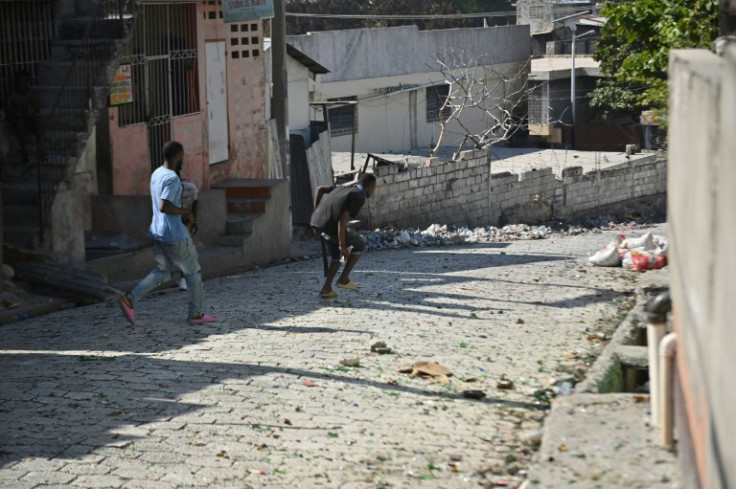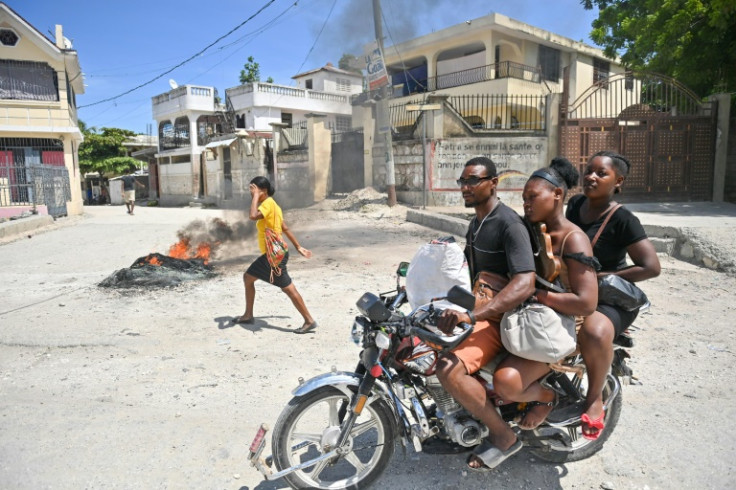
A Kenyan court blocked the deployment of a police force set to lead a multinational mission to Haiti, putting in peril efforts to stabilize the situation in the country, rocked by violence and fights between gangs for the past years.
Concretely, the court upheld some arguments presented by opponents to the mission, who called it unconstitutional. "An order is issued prohibiting the deployment of Kenyan police officers to Haiti or any other country," Justice Chacha Mwita said at the conclusion of the judgment, as reported by The New York Times. The Kenyan government is expected to appeal the decision.
The decision jeopardizes the mission even before it reaches the country. Backed by the United Nations and financed by the United States, it seeks to help local law enforcement defeat the local gangs that have taken control of most of the capital, Port-au-Prince, and plunged the country into chaos.
Kenya pledged to send 1,000 troops. Washington had pledged $200 million and the force was intended to increase to 3,000 officers. Haiti had requested foreign military forces to be sent, but most countries, including the U.S., Canada and other Caribbean nations, have been reluctant to do so.
Port-au-Prince has become a battlefield, with fighting taking place in the streets and civilians trapped in the crossfire. To protect themselves, residents erected barricades all over the capital and surrounding areas.

AFP reported that, at the same time, anti-government demonstrations took place across Haiti in response to a call from Guy Philippe, a former Haitian police chief and politician, who has returned to the country after serving a prison sentence in the United States for money laundering linked to drug trafficking.
Hundreds of people have been demonstrating in Jeremie, Miragoane and Ouanaminthe during the past week, demanding the resignation of Prime Minister Ariel Henry, who has been in power since the assassination of President Jovenel Moise in 2021.
The current situation is particularly tense, as a political agreement that strengthened Henry's authority is set to expire on Feb. 7. The power struggle between these gangs and the impending deadline for the political accord has contributed to the increase in violence.
More recently, Pope Francis pled for the release of hostages abducted while on a bus in Haiti's capital Port-au-Prince, including six nuns, last week.
The kidnapping took place on Jan. 19 when the armed men hijacked the bus and drove off to an unknown destination, taking all the passengers, as well as the nuns.
Aside from the pope, Bishop Pierre-André Dumas of Anse-à-Veau and Miragoâne in Haiti also condemned the kidnapping and called for an end to "deplorable and criminal practices" in the country.
© 2025 Latin Times. All rights reserved. Do not reproduce without permission.




